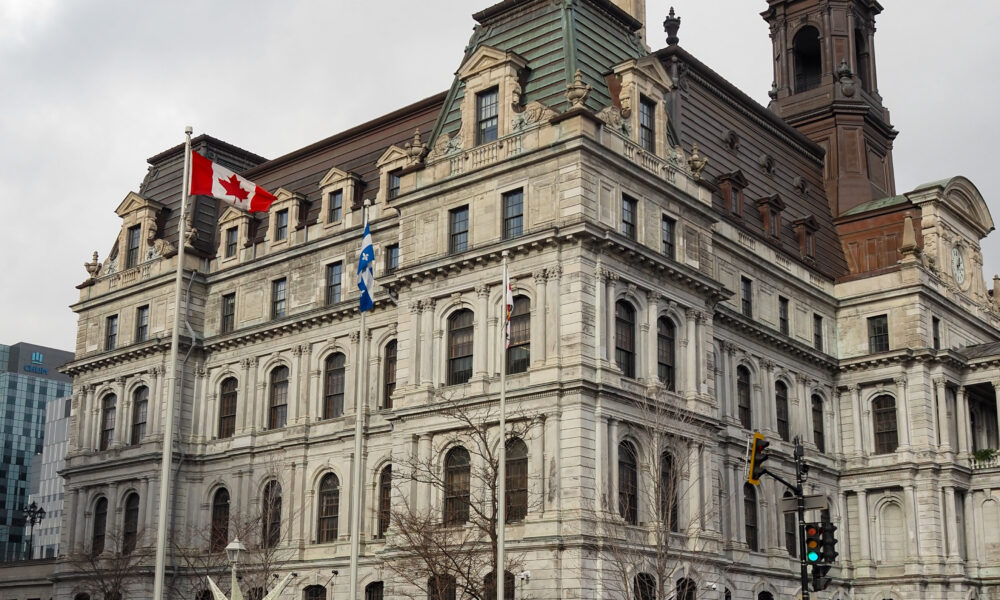When the American election results rolled in, McGill’s campus witnessed a surge of political interest—students refreshing electoral maps in library corners, heated debates spilling out of lecture halls, and social media feeds flooded with political commentary. This heightened attention makes sense: not only does McGill host a significant American student population, but U.S. policies ripple far beyond its borders. Decisions made in Washington influence global economic stability, international relations, and the well-being of countless individuals, particularly those affected by American imperialism and destabilizing military interventions. However, it is concerning when many students, who were hyper-focused on the U.S. elections, disengage from political discourse and action closer to home.
Elections often bring disappointment—broken promises, unresolved systemic issues, and growing disillusionment among voters. While the anger and frustration stemming from electoral results are valid responses, merely wallowing in negativity without channeling them into sustained political engagement perpetuates the very stagnation people decry. Selective apathy, where attention is sporadic and limited to high-profile events, doesn’t foster meaningful change. Global democracy demands more than fleeting interest or periodic outrage.
Strong local community engagement at a grassroots level lays the foundation for uplifting those far beyond our borders. While it is important to engage with foreign political events, such engagement must go hand in hand with addressing local concerns. It is through building strong, informed, and resilient communities locally that productive change can ripple outward to impact the global community.
Voting is critical, as is being aware of global politics and events. These are essential for understanding the systems of injustice that must be dismantled. However, voting and awareness cannot be the only means of engagement with democracy—they represent the bare minimum. Engaging in activities like attending community meetings, advocating for policy changes, volunteering for grassroots organizations, or supporting marginalized groups strengthens the fabric of your community. By staying passive, you risk leaving critical decisions to others, which can stall advancement on issues that deeply affect your neighbours and hinder long-term progress. Meaningful societal progression requires consistent involvement through local activism, community organizing, and advocacy for systemic reforms. This is not a solo endeavour; it’s a collective effort. Like any group project, when more people contribute, the work becomes lighter and the results more impactful.
Our globalized world complicates civic engagement—many students live and study in places where they cannot vote due to their citizenship status. However, contributing to democracy involves much more than legal entitlements alone. Becoming part of a community—especially one you’re new to, as over half of McGill students are—requires active involvement. It’s about fostering connections, uplifting those around you, and working toward shared goals. This is the essence of democracy. Real change starts with recognizing that democracy isn’t simply about election outcomes—it’s about ensuring everyone has the tools and opportunities to make their voices heard, and that these tools are used.
At McGill, we live in a bubble, surrounded by highly educated peers with the tools and resources to engage with political systems. But this privilege is not universal. In 2012, 17 per cent of Canadian adults had low literacy skills, and 29 per cent of those with low literacy lived in low-income households. Newcomer, Indigenous, and low-income populations are disproportionately challenged by low literacy rates. Paired with economic hardship, these reading proficiency levels limit people’s ability to navigate the political system effectively. Systemic barriers such as the ongoing effects of colonialism further suppress educational and political opportunities for marginalized groups. When large segments of the population are excluded from political participation, democracy falters. National results cannot truly reflect the will of the people unless every voice is empowered to speak, which is why it is central for these communities to be uplifted and their voices amplified in the fight for justice.
Existing in the most privileged strata, there is no excuse for McGill students to lack engagement or awareness about what is happening locally in Montreal, and in Quebec. If you can’t vote, educate yourself about the needs of those who can. Engagement extends beyond casting a ballot; it’s about taking responsibility within the community. We must challenge ourselves to engage consistently—with our communities, with local and national issues, and with the systemic barriers that prevent others from doing the same. Change begins with collective action, and the strength of our democracy isn’t measured in ballots alone, but in how we show up for our communities every day.









